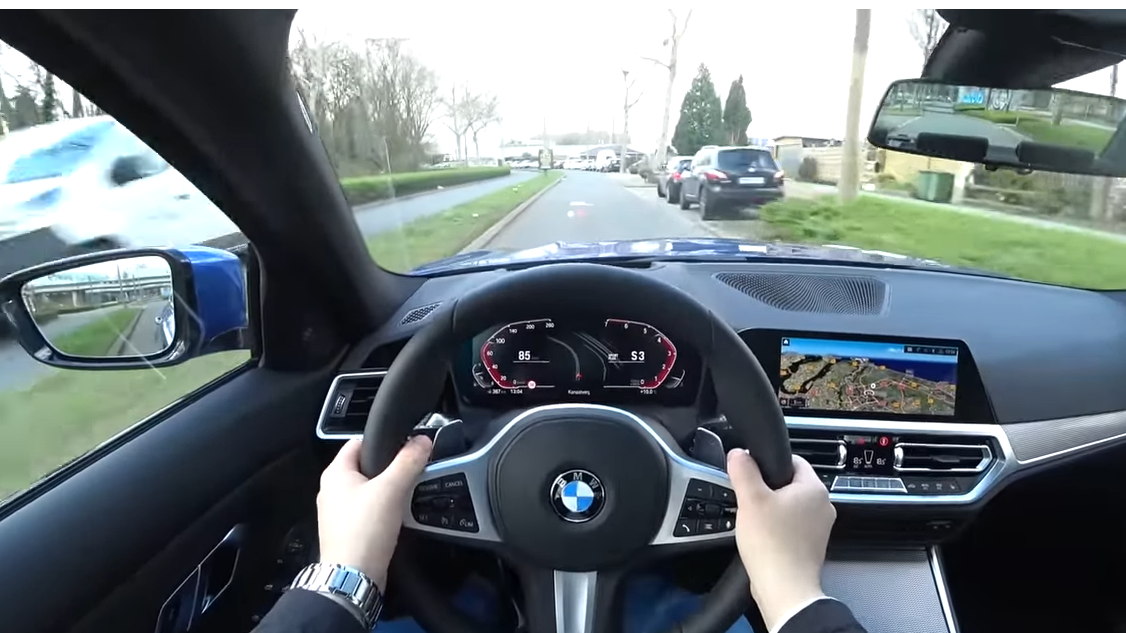Free Car Insurance Program in Hawaii
Company Trusted For Over 25+ Years*

Call us 1-855-620-9443
Company Trusted For Over 25+ Years*
As part of its effort to provide financial assistance to those most in need, local government officials have instituted a free car insurance program in Hawaii. It provides both free and reduced insurance costs to individuals who meet specific eligibility requirements.
The assistance itself comes as a part of Hawaii’s aid to the aged, blind, and disabled fund. It’s available to state residents who receive supplemental security income benefits. Beyond that eligibility criteria, a few other conditions will need to be met to qualify for the program.

First, individuals must be residents of Hawaii and be at least 65 years of age or older to qualify for AABD financial aid. Beyond that, there are several other requirements as well that drivers must meet. They are as follows:
If you feel that you fulfill the requirements for free car insurance in Hawaii, you need to call the state’s Department of Human Services to inquire further. You can contact them by telephone at 808-586-4993.
Keep in mind that this program is very new, and many people, including local politicians, are still unaware of it. In fact, the Hawaii Office of the Insurance Commissioner was not sure of its existence until recently.
One spokesman for this department recently remarked that he did not believe there was such a program in place. He later retracted that statement by sending out an email that did indeed cite the specific law that is indeed already in force.
Current state law in Hawaii stipulates that no-fault car insurance is to be made free to any individual who receives public assistance. This can be in cash payments, SSI benefits, food vouchers, or any medical service benefits received before 1994. In order to qualify, the applicant must have a valid Hawaiian state driver’s license. Alternatively, they can be in the care of another individual with a valid Hawaii state license. They also must be the sole vehicle owner, and it needs to be registered in her name.
To receive this benefit, the vehicle driver must also have compared no-fault insurance coverage rates and cannot afford it on their own before completing an application for the program. The maximum benefit that will be paid out under this plan is $40,000 for each accident resulting in injury or death. Also, property-related damages cover a maximum of $10,000. It is the primary coverage for personal injury protection in the state of Hawaii.
It is not currently clear how many drivers are taking advantage of this program in Hawaii. It is not publicized enough for everyone who qualifies to know about it. Hopefully, the word will get out soon. The goal is for those residents who qualify to finally secure the low-cost insurance they need and drive with peace of mind, knowing they are fully protected.
Hawaii is a no-fault state when it comes to auto insurance. This often means that insurance coverage is out of reach for many people on the local islands. Because of this, many drivers in Hawaii cannot afford even the most basic of coverage. It has been a problem for years.
The state insurance commissioner believes the assisted Hawaii auto insurance coverage will help get more residents covered. No-fault laws mean that each driver’s insurance coverage can help to pay for medical expenses, regardless of fault.
It is remarkable to note that Hawaii is one of America’s cheapest locations to insure a vehicle. Hawaii benefits from fewer road accidents than many other states in the country. This has traditionally resulted in insurance companies being able to offer lower premiums to Hawaiian residents.
The driving population is also roughly 20 percent less than most American mainland areas. Theft-related crimes are a lot lower as well. This results in lower average premiums and great deals for safe drivers with clean records.
The no-fault laws in Hawaii apply only to claims for medical-related expenses. They do not necessarily affect claims related to property damage. In addition, coverage for tie-off work, funeral benefits, and other related services are not necessarily included under PIP insurance policies in Hawaii. It is essential to talk to your individual insurance company to determine your coverage and whether you need additional PIP protection.
It would help if you also noted that a driver in Hawaii can still be sued, depending on who is deemed at fault in causing the accident. It is especially true if the incident results in medical expenses that top $5,000 or the accident cause severe injury or death to the other driver or passengers.
Remember that insurance is mandatory in Hawaii. If you are going to drive, you must have insurance. If you cannot afford it, this free Hawaii car insurance program is indeed worth investigating.